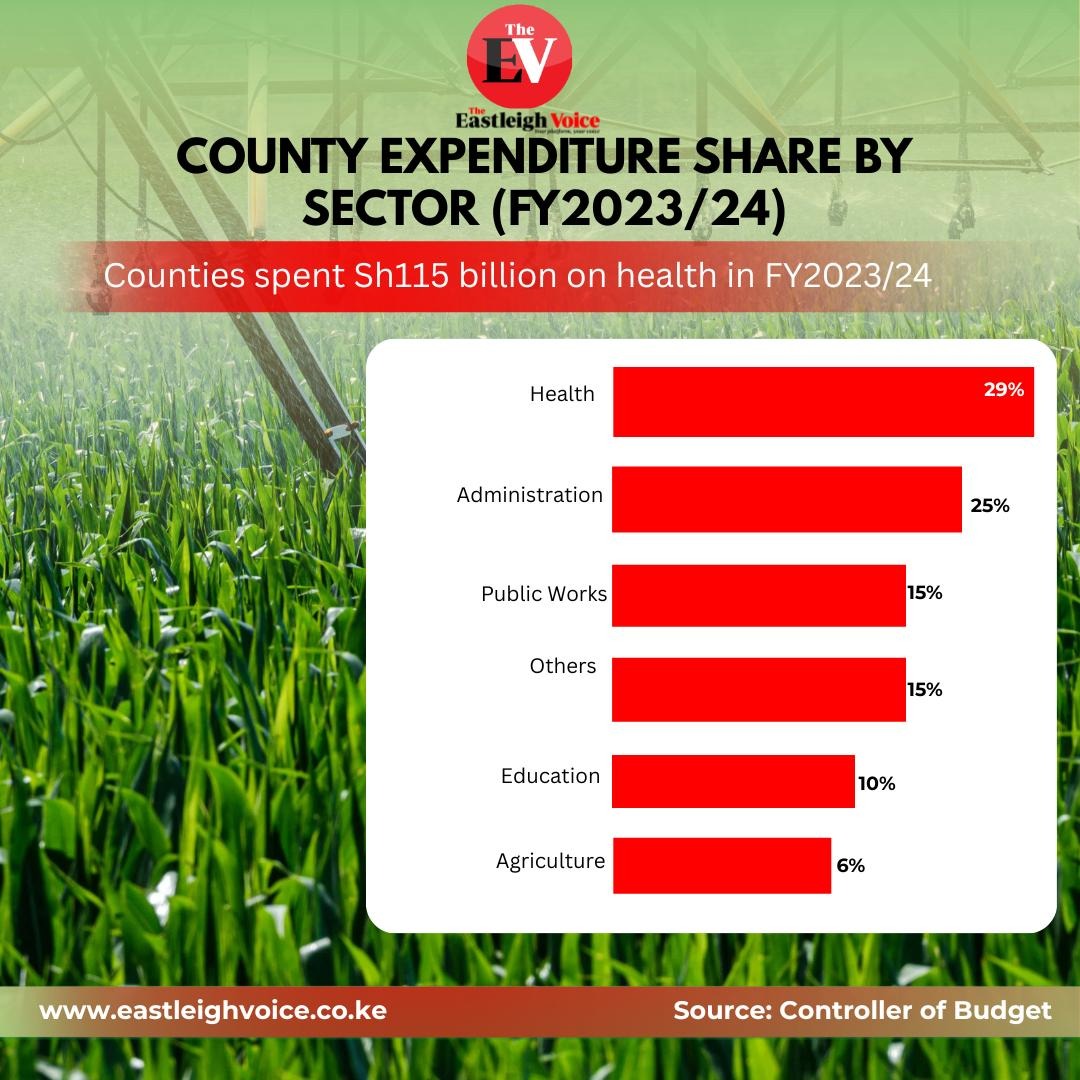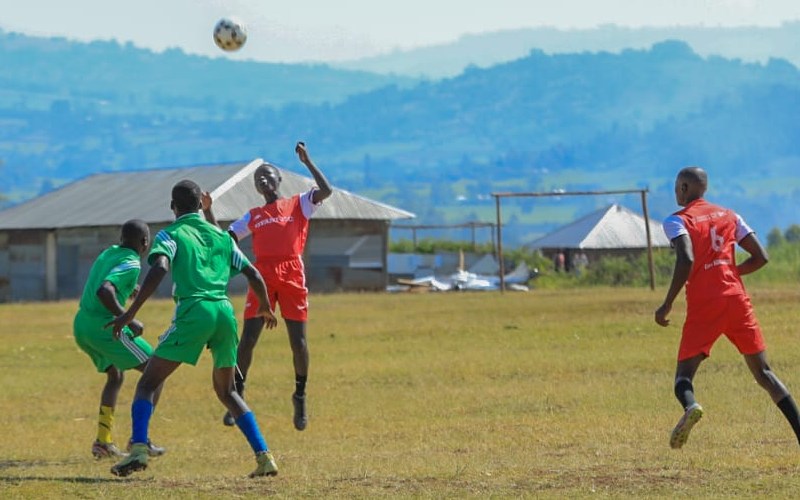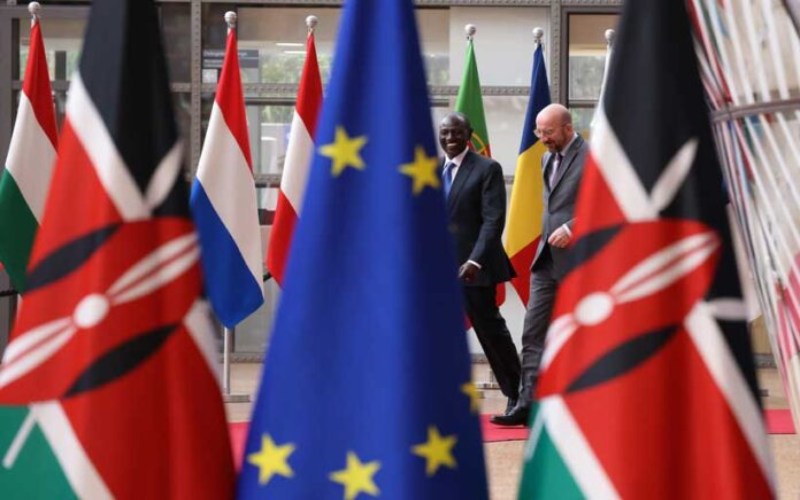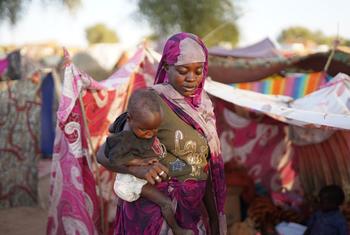Over Sh20bn worth of cancer drugs distributed to Kenyan hospitals in last three years
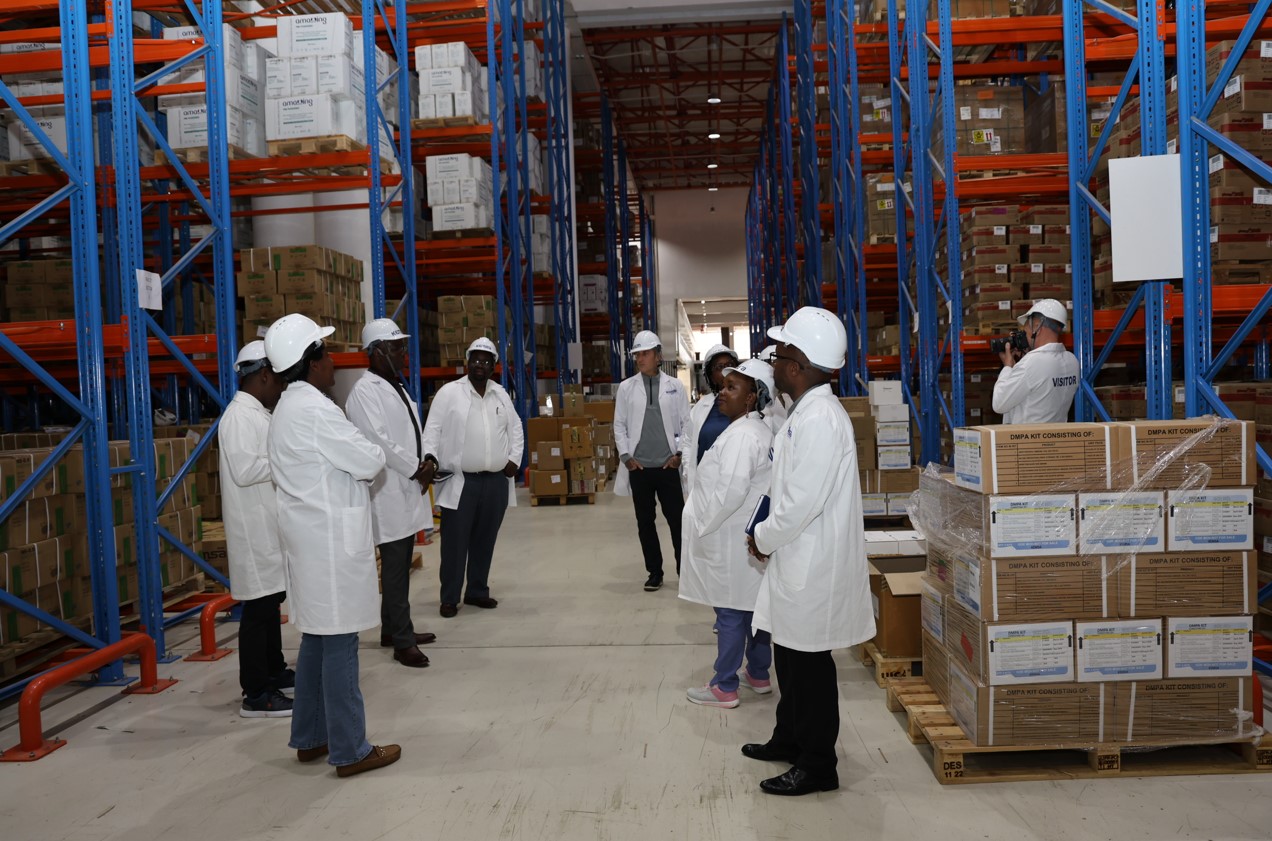
According to the National Cancer Registry System of Kenya (NACARE-KE), the country records 42,116 new cancer cases annually, with 27,092 deaths attributed to the disease.
Over Sh20 billion has been spent on cancer drugs in the last three years as the government intensifies efforts to improve access to lifesaving treatments across the country.
The Ministry of Health, in collaboration with The Max Foundation, has overseen the distribution of the drugs through the Kenya Medical Supplies Agency (KEMSA) to key hospitals in Nairobi, Coast, Rift Valley, and Western regions.
More To Read
- Ruto announces increase in cancer treatment cover to Sh800,000 under SHA from December 1, 2025
- Experts warn men are overlooking breast cancer risk
- SHA begins review of cancer benefit package after patients’ protest
- MPs pledge to raise cancer treatment cover to Sh1 million amid concerns over inadequate SHA funding
- Stakeholders decry gaps in cancer care under Social Health Insurance
- Genetic tests for cancer can give uncertain results: new science is making the picture clearer to guide treatment
Data from the Ministry of Health shows that Nairobi Hospital is the largest beneficiary, receiving cancer drugs valued at Sh15 billion, a significant portion of the Sh22,477,248,903 total distributed since December 2021. To date, the hospital has received 62,127 units of medication valued at Sh15,802,097,365.
Additionally, five regional hospitals have received cancer drugs worth Sh5.3 billion, a move aimed at decentralising access and reducing the need for patients to travel to Nairobi for treatment.
Among these include Moi Teaching and Referral Hospital which received 8,977 units of medication valued at Sh2.4 billion, Nakuru Provincial General Hospital received 5,967 units worth Sh1.6 billion, Jaramogi Oginga Odinga Teaching and Referral Hospital benefited from 3,560 units valued at Sh915 million, and Coast Provincial General Hospital received 1,560 units worth Sh430 million.
At the time, Kenyatta University Teaching, Referral & Research Hospital was being evaluated as a potential additional centre to help further decentralise treatment and improve access to cancer medication.
According to the National Cancer Registry System of Kenya (NACARE-KE), the country records 42,116 new cancer cases annually, with 27,092 deaths attributed to the disease.
This indicates that two out of three people diagnosed with cancer in Kenya succumb to the illness. Moreover, 70 per cent of cancer cases are diagnosed at advanced stages, and only 23 per cent of patients can access the necessary management services.
The registry also notes that the top five counties with the highest cancer cases are Nairobi, Nakuru, Kiambu, Machakos, and Nyeri. The median age of cancer diagnosis is 53 years for women and 62 years for men, with breast, cervical, oesophagal, prostate, and colorectal cancers being the most prevalent.
“The most common cancers reported include Breast Cancer (15.1 per cent), Cervical Cancer (13.3 per cent), Cancer of the Esophagus (11.8 per cent), Prostate Cancer (10.1 per cent) and Colorectal cancer (7.1 per cent),” reads the data.
Access to healthcare
According to the government, the distribution of these vital cancer drugs is part of a broader collaboration that has significantly enhanced access to essential healthcare services, ensuring that both urban and remote populations receive the care they need.
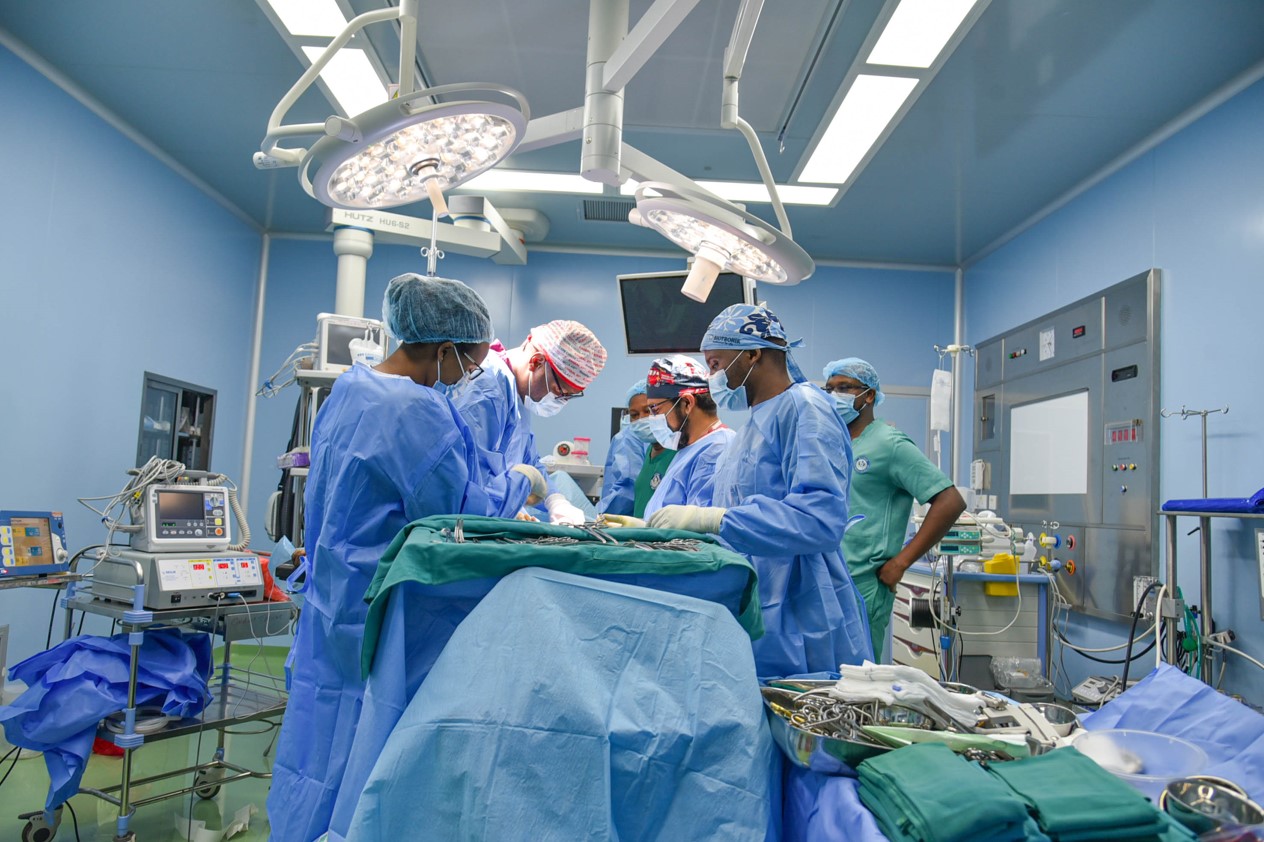 Surgeons perform McKeown’s Esophagectomy surgery, an advanced thoracic surgery that is part of the treatment of cancer of the oesophagus at the Kenyatta University Teaching, Referral and Research Hospital on June 9, 2022. (Photo: KUTRRH )
Surgeons perform McKeown’s Esophagectomy surgery, an advanced thoracic surgery that is part of the treatment of cancer of the oesophagus at the Kenyatta University Teaching, Referral and Research Hospital on June 9, 2022. (Photo: KUTRRH )
“This is largely thanks to a collaborative effort between the health ministry and The Max. The collaboration formalised a Memorandum of Understanding (MoU) to decentralise the Glivec International Patient Assistance Programme (GIPAP) across Kenya supported by Max Access Solutions (MAS) in a pioneering effort to enhance access to essential cancer treatment,” reads the report.
The Ministry of Health notes that the initiative aims to bring critical care closer to patients diagnosed with chronic myeloid leukaemia (CML) and gastrointestinal stromal tumours (GIST), particularly in underserved regions.
According to the Kenya Medical Supplies Authority (KEMSA), previously, a key drug for treating CML and GIST known as imatinib, was costly, causing significant financial burdens. However, through the MAS programme, the Max Foundation provided this medication free of charge, ensuring access without financial strain.
“The cost of imatinib, a vital medication for treating CML and GIST, presented a significant financial challenge for many Kenyan patients, with a monthly dose priced at approximately Sh270,000. For most patients, this cost was prohibitive. However, the Max Foundation, through its MAS programme, provided this life-saving drug free of charge to Kenyan patients thus ensuring access to treatment without financial ruin,” Kemsa said.
Before the initiative, patients often had to travel to Nairobi for treatment, a journey that posed numerous challenges. The MoU introduced a decentralised approach, allowing patients to receive treatment at regional and county levels, thus making care more accessible and reducing the need for long-distance travel.
Under the agreement, GIPAP services were extended to Nakuru Provincial General Hospital, Moi Teaching and Referral Hospital, Jaramogi Oginga Odinga Teaching and Referral Hospital, and Coast Provincial General Hospital, in addition to Nairobi Hospital, which continued to provide both first-line and second-line treatments. This decentralisation has significantly eased the burden on patients, enabling them to access vital medications closer to home.
The Ministry of Health, through KEMSA, provided clearance, warehousing, distribution, and quality assurance services, ensuring that these medications reached designated hospitals efficiently and managed last-mile delivery to guarantee availability at the point of care.
The report further explains that order management for these medications was coordinated through the National Cancer Control Programme (NCCP), ensuring that the quantities requested by each facility were aligned with patient numbers.
The National Oncology Dashboard tracked patient numbers and medication needs, ensuring accurate and timely distribution, while the Max Foundation oversaw the quality of care and submitted regular progress reports.
The government also supported the initiative by streamlining administrative processes, including granting tax exemptions for donated medicines. KEMSA’s role in clearance, warehousing, distribution, and last-mile delivery, combined with their commitment to quality assurance, was vital in ensuring that lifesaving medications were available across the country.
The MoU was set to last five years, with provisions for review and extension based on the programme’s success. During this period, healthcare providers in regional hospitals were trained to manage and monitor treatment for CML and GIST patients, significantly increasing access to cancer care, particularly in underserved regions.
Top Stories Today

